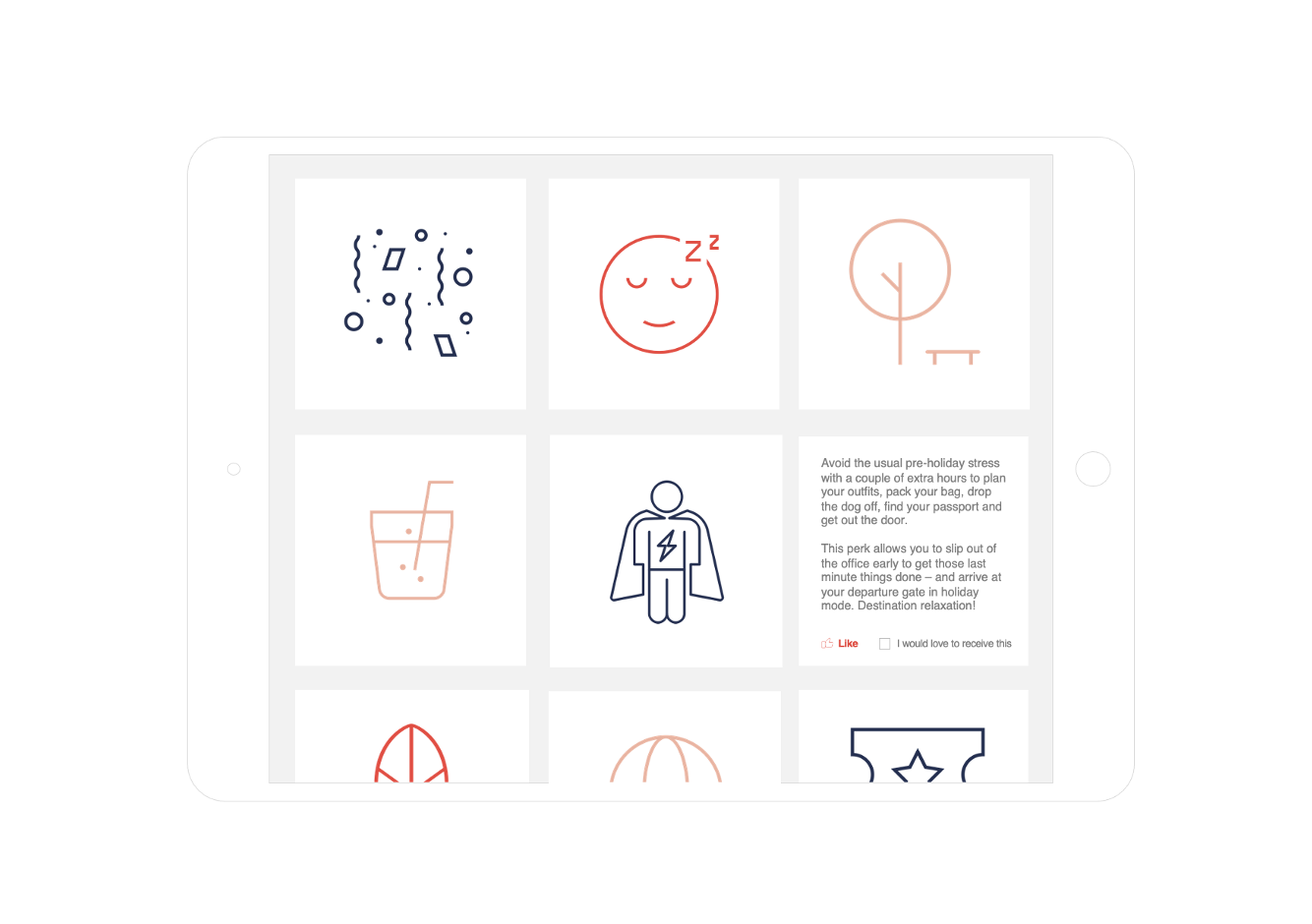Why giving reward and recognition will increase employee engagement.
Reward and recognition is a key way to increase employee engagement. Studies have shown that when employees are given recognition for their hard work, it can lead to a decrease in absenteeism, improved morale, and an increase in productivity. Additionally, giving employees rewards as part of a recognition program can improve their satisfaction with their job.
This is why it is so important to set up a system where rewards and recognition are given regularly and fairly. By doing this, you can ensure that your employees are motivated to continue working hard and helping you achieve your company's objectives.
There are many reasons why rewarding employees can be beneficial. As a company, you may find that rewarding employees can:
- Increase productivity
- Reduce turnover
- Increase morale
- Encourage collaboration
- Increase loyalty
- Increase customer satisfaction
The key is to design a program that meets the needs of your business and employees. Here are a few tips for creating a rewarding program:
1. Think about what your employees want from a reward and recognition program.
Before you start designing your reward and recognition program, make sure you understand what your employees want.
Reward and recognition can be powerful motivators for employees. By understanding what would be motivating for them, you can create a program that is tailored to their expectations around reward and recognition. Ask your employees directly what rewards they want to see in a program and use this information to design your program accordingly.
2. Keep reward and recognition simple.
Make sure your rewards are easy to understand and accessible. Employees want choice, there is no one-size-fits-all reward that will motivate everyone.
One way to keep it simple and keep everyone happy is by using something like points that can be redeemed for a reward of choice, or rewarding with gift cards. This makes the reward more personal and easier for employees to choose something they are really motivated by.
Additionally, if you're able to tie the reward and recognition in with a company culture or mission statement, it will have even greater meaning for the employee.
3. Be consistent with giving reward and recognition.
Make sure your rewards and recognition are given consistently, and don’t let the program lapse. This will ensure that employees are motivated, staying engaged and productive.
Reward and recognition programs are one of the most important tools an organisation has to keep employees engaged and productive. If recognition, or rewards, are given inconsistently or if the program lapses, employees can lose motivation and may begin to look for other opportunities.
Both recognition and any rewards should be given regularly and consistently throughout the entire program so that employees know what is expected of them and feel appreciated.
4. Make it value-added.
When it comes to rewarding employees, it’s important to think about what will truly make their lives better. For some, a raise might do the trick. However, not everyone may be motivated by money alone.
So, consider things like increased holiday time or special perks employees can use at work. These can make a big difference in an employee’s life and help them feel appreciated.
By rewarding an employee, you’re going beyond just paying someone an annual salary – you’re creating an environment where employees feel valued. They will be happy and content with their work. This will lead to sustained success for the business – and that’s something that everyone should aim for.
5. Be thoughtful with reward and recognition.
Reward systems can be a great way to encourage team behavior and creativity.
Morale can be boosted when employees know that they are being rewarded for their hard work, and team dynamics can be improved when everyone knows what rewards are available and knows how to earn them.
In some cases, rewards may even lead to increased productivity as employees strive to meet the expectations of their superiors or coworkers. Rewards can be powerful tools for improving workplace efficiency and satisfaction.
In conclusion.
When it comes to employee engagement, rewarding and recognizing employees can be a great way to increase their motivation. There are many benefits to doing so, not the least of which is that it can lead to a more productive workforce.
So whether you need help boosting employee productivity or just want an engaging workforce that’s committed to delivering, consider a reward and recognition program.

